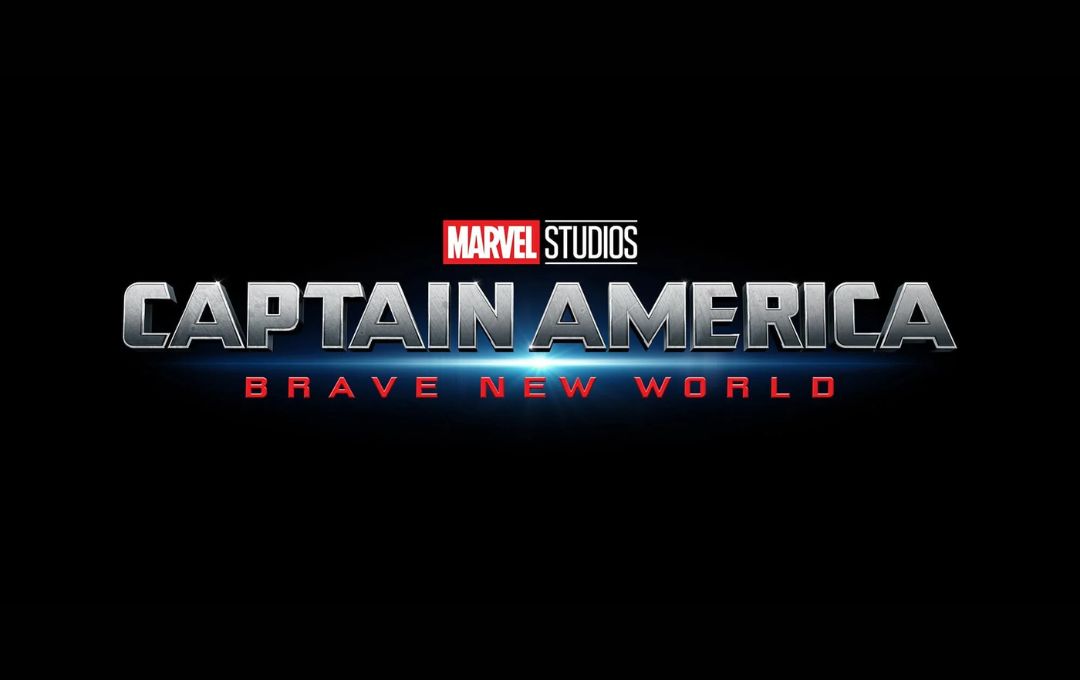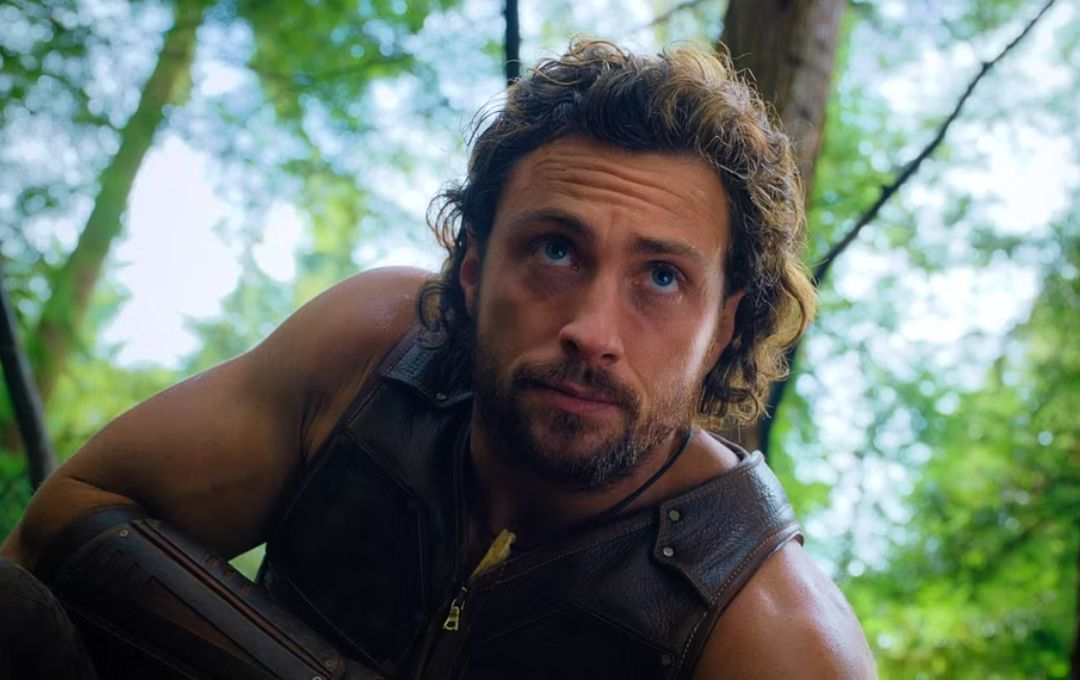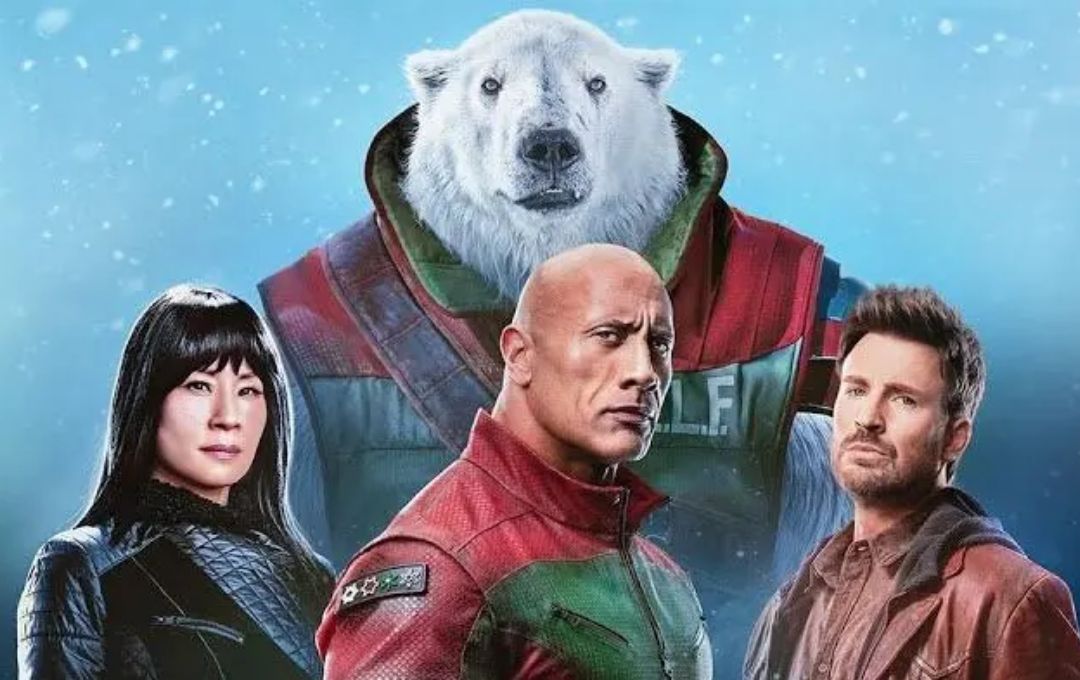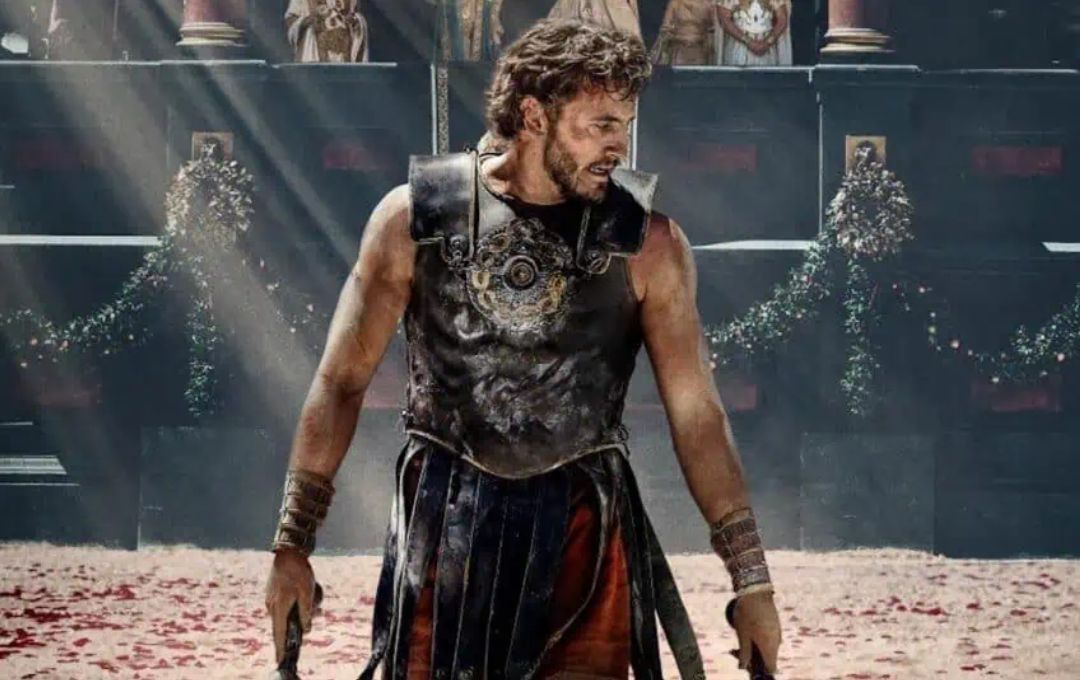Kraven the Hunter Post-Credits Scene Decision Reflects the Future of Sony’s Spider-Man Universe
The absence of a post-credits scene in Kraven the Hunter, Sony’s latest Marvel movie, provides a revealing glimpse into
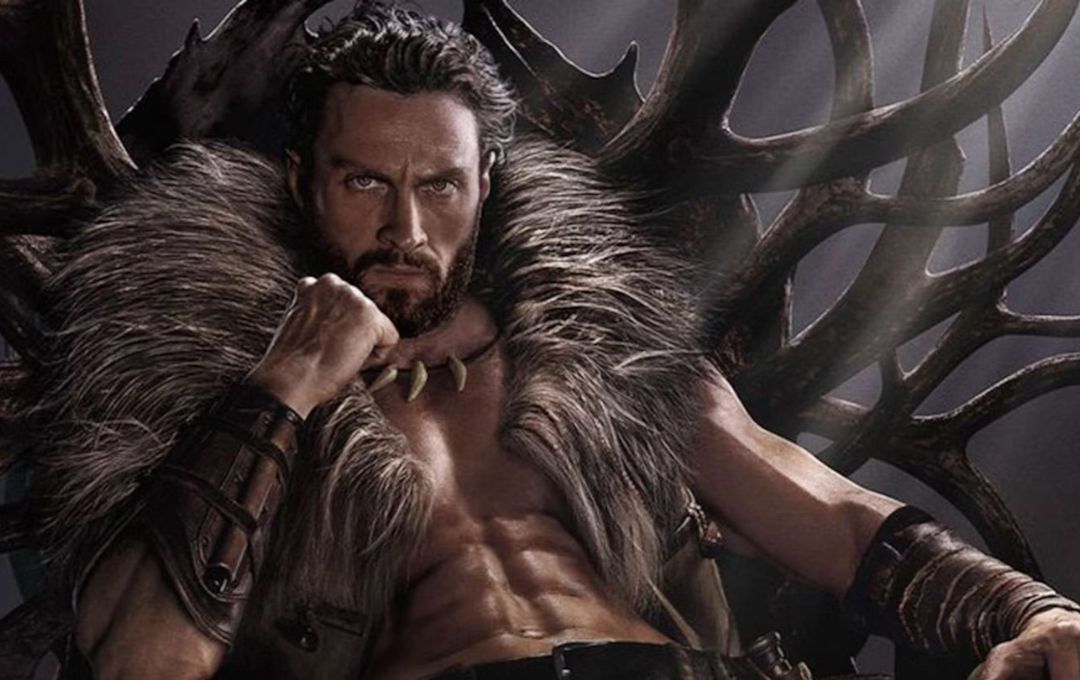
The absence of a post-credits scene in Kraven the Hunter, Sony’s latest Marvel movie, provides a revealing glimpse into the uncertain future of Sony’s Spider-Man Universe (SSU). Since the 2018 debut of Venom, Sony has tried to carve out a distinct identity for its Spider-Man-adjacent cinematic universe, focusing on antiheroes and villains from Marvel Comics. Despite these efforts, the franchise has consistently struggled with critics and audiences alike.
While Tom Hardy’s Venom films managed to attract an audience and achieve box office success, other entries like Morbius and Madame Web fell short, both critically and financially. Now, the decision to forgo a credits scene in Kraven the Hunter hints that Sony may be pivoting away from its broader SSU ambitions.
Why the Absence of a Credits Scene Matters
A key issue for Sony’s Spider-Man Universe has always been its lack of Spider-Man himself. Tom Holland’s portrayal of the iconic web-slinger is firmly rooted in the Marvel Cinematic Universe (MCU), and Marvel Studios dictates the creative decisions surrounding his appearances. As a result, Sony’s standalone films about characters intrinsically tied to Spider-Man—like Venom, Morbius, and now Kraven—have struggled to resonate without the hero at their core.
This disconnect contributed to diminishing returns for Sony’s ventures, with Venom: Let There Be Carnage underperforming compared to its predecessor and Morbius becoming a punchline rather than a success. Amid these struggles, Kraven the Hunter‘s lack of any franchise-teasing post-credits scenes is a telling choice. It signals a retreat from attempting to force interconnected storytelling and suggests that the SSU may no longer be a priority for Sony.
No Post-Credits Scene: A Strategic or Defeatist Move?
The absence of a credits scene in Kraven the Hunter might work in the movie’s favour. Without connections to Sony’s prior Marvel outings, Kraven functions as a standalone film, avoiding the pitfalls of shoehorned universe-building. Including a post-credits tease for a future that may never materialize would have felt disingenuous, especially given the franchise’s recent track record.
Additionally, the film’s ending—a straightforward depiction of Aaron Taylor-Johnson’s Kraven donning the iconic lion-head vest—leans heavily on character development rather than broader franchise ambitions. The restrained conclusion might indicate that Sony is cautiously waiting to gauge the film’s reception before committing to further SSU projects.
Sony’s New Direction: Proven Spider-Man Properties
Sony appears to be shifting focus from villain-centric experiments to more reliable Spider-Man-related properties. According to reports, the studio is no longer actively developing SSU films like Kraven the Hunter or additional Venom sequels. Instead, Sony is channeling resources into projects with proven success, including:
- Spider-Man 4, starring Tom Holland, as part of the MCU.
- Spider-Man: Beyond the Spider-Verse, the third installment in the critically acclaimed animated Spider-Verse series.
- A Spider-Man Noir TV show, spinning off from the Spider-Verse franchise and starring Nicolas Cage.
This strategic pivot reflects Sony’s recognition that standalone villain stories aren’t capturing audiences the way their Spider-Man-centric projects have. Focusing on these properties is a safer bet for the studio with the continued popularity of the MCU Spider-Man films and the groundbreaking success of the Spider-Verse series.
What This Means for the Future of Sony’s Spider-Man Universe
While the critical reception of Kraven the Hunter has been lukewarm, its performance could still influence Sony’s next steps. A Rotten Tomatoes score comparable to Morbius and Madame Web doesn’t inspire confidence, but box office results may ultimately determine whether Aaron Taylor-Johnson’s Kraven has a future within the Marvel franchise.
However, the broader SSU—once envisioned as a robust Spider-Man-adjacent universe—appears to be winding down. By concentrating on established successes like the MCU Spider-Man films and Spider-Verse, Sony is taking a measured approach to ensure the longevity of its Spider-Man brand.
Conclusion
Kraven the Hunter’s lack of a post-credits scene signifies a broader shift in Sony’s strategy for its Spider-Man Universe. The studio is seemingly stepping away from building a shared universe focused on Spider-Man’s rogues’ gallery and leaning into its proven properties. With Spider-Man 4, Spider-Man Noir, and Spider-Man: Beyond the Spider-Verse on the horizon, Sony has plenty of opportunities to strengthen its Marvel portfolio.
While the SSU may be fading, Sony’s commitment to Spider-Man’s legacy remains strong, prioritizing projects with established fan bases and critical acclaim over risky standalone endeavors.
Source: ScreenRant

